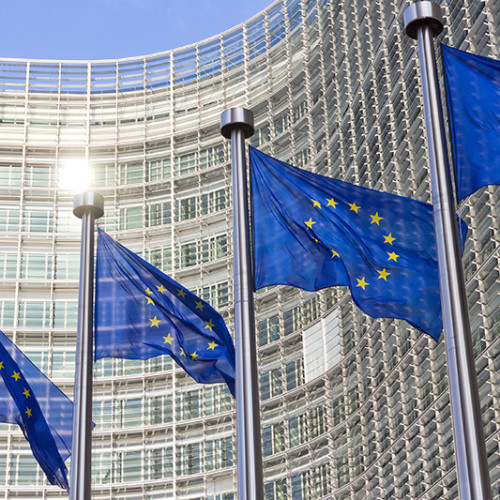
On January 30, ANSES published a scientific opinion on the health impacts of consuming ultra-processed foods. The agency concluded …

À l’aube des Jeux Olympiques 2024, il est important pour les sportifs de savoir que l’application de la norme européenne NF EN 1744 les protège en limitant les agents dopants dans les compléments alimentaires pour sportifs.

It was shown in the European Prospective Investigation into Cancer and Nutrition (EPIC) study that higher consumption of Ultra-Processed Foods (UPF) was associated with an increased risk of cancer and cardiometabolic multimorbidity. Furthermore, the relationships were different according to the subgroups of UPFs suggesting that various types of UPFs contribute differently to the risk of developing a first non-communicable disease and multimorbidity.

Regulation (EU) 2021/2117 published on 2 December 2021 amends the labelling rules for wines and aromatised wines and makes it mandatory to communicate the list of ingredients and nutrition declaration of those products.

On March 1, 2024, the Food and Drug Administration (FDA) issued a letter of enforcement discretion stating that it does not intend to object to the use of qualified health claims relating to the yogurt consumption and the reduction of type 2 diabetes risk.

In autumn 2022, the British Department of Health and Social Care requested to the Scientific Advisory Committee on Nutrition (SACN) to take a position regarding food processing and health. The SACN raises uncertainties on the evidence related to food processing and health in a statement published on 11 July 2023.

The right to use Nutri-Score is optional and free. It was implemented for the first time in France in 2017, based on the work of the team of Pr. Serge Hercberg as well as the expertise of the National Health Security Agency (ANSES) and the High Council of Public Health (HCSP). Since its launch in France, several countries have decided to recommend its use: Belgium, Switzerland, Germany, Spain, the Netherlands and Luxembourg. The logo is awarded on the basis of a score taking into account, for 100 g or 100 mL of product, the content: of nutrients and foods to promote (fibers, proteins, fruits, vegetables, legumes, nuts, rapeseed oil , nuts and olives) and nutrients to limit (energy, saturated fatty acids, sugars, salt). The Nutri-Score of drinks has been modified.

An international cross-sectional study recently published in the British Medical Journal found that infant diet products communicated from 1 to 4 health and nutrition claims. The authors pointed out that 2/3 of the products with at least one claim did not provide any reference. When registered clinical studies were referenced, the authors noted a high risk of bias.

The project named Economically-Powered Protein Transition through Innovation in Chains (EPPIC) has for objectives to increase production and consumption of crops high in protein and consequently to accelerate the protein transition in the Netherlands. The EPPIC project catalyses €2.6 billion in economic activity and contributes significantly to reduce greenhouse gas emission in the country.

Nutritional recommendations for a sustainable and healthy diet include plenty of variety in the consumption of minimally processed plant-based foods (fruits, vegetables, nuts, unrefined grains, legumes, etc.) and moderate amounts of animal food sources. This study provides factual information on the contribution of animal protein to total protein meeting all recommendations without additional cost.